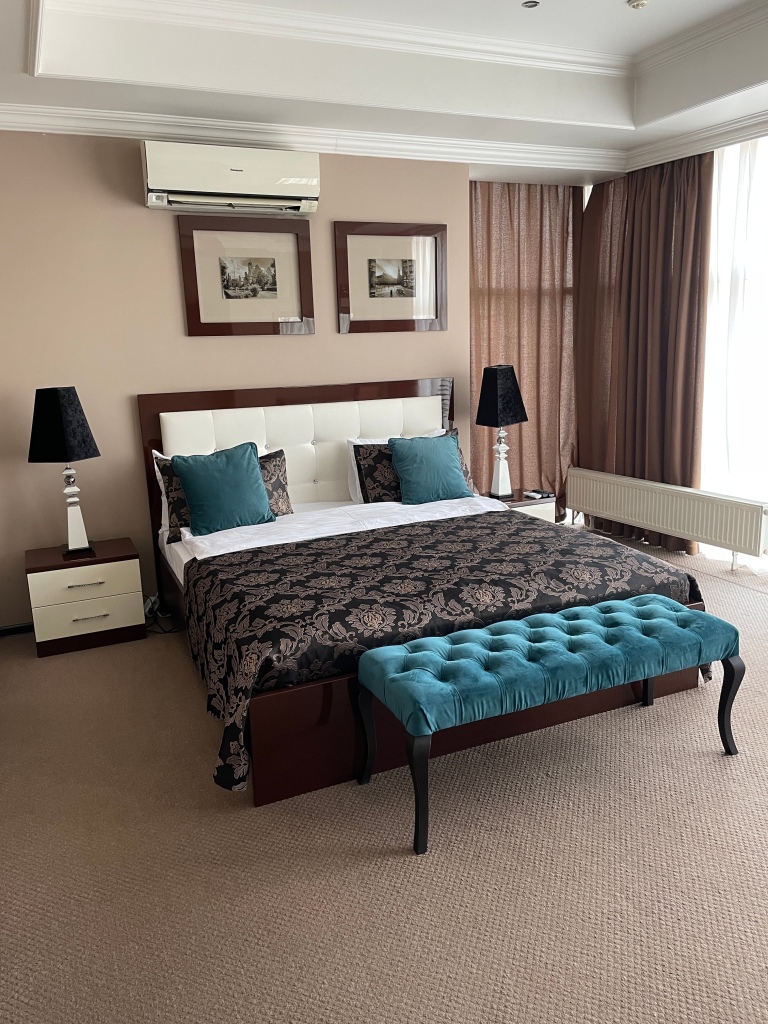
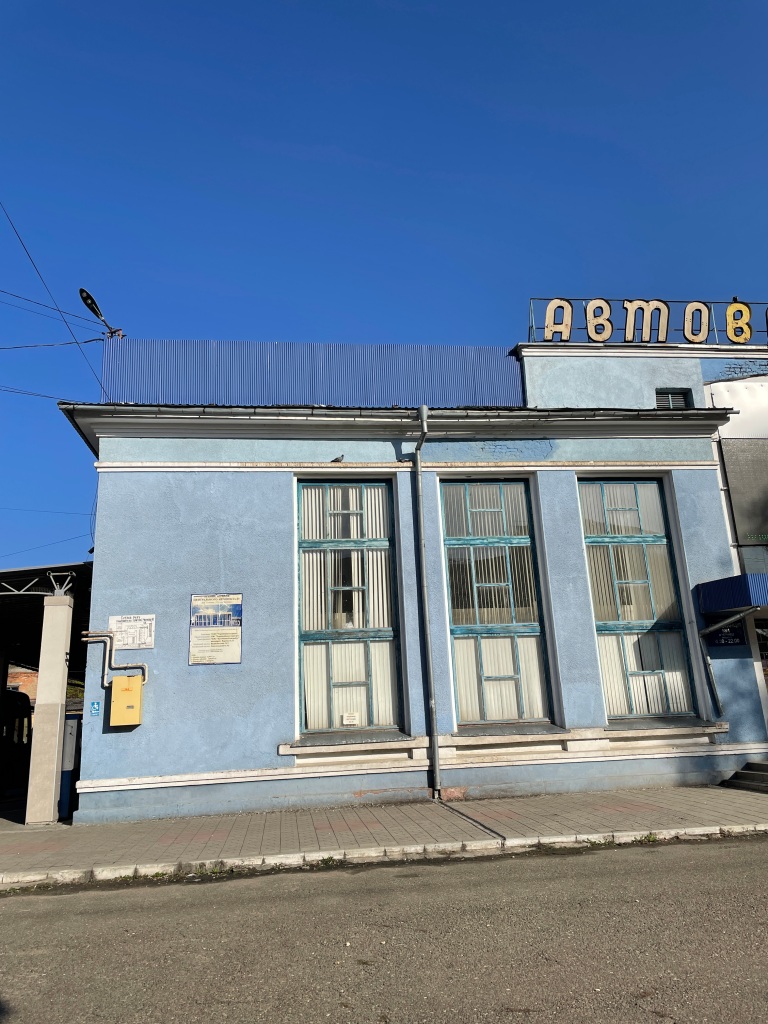
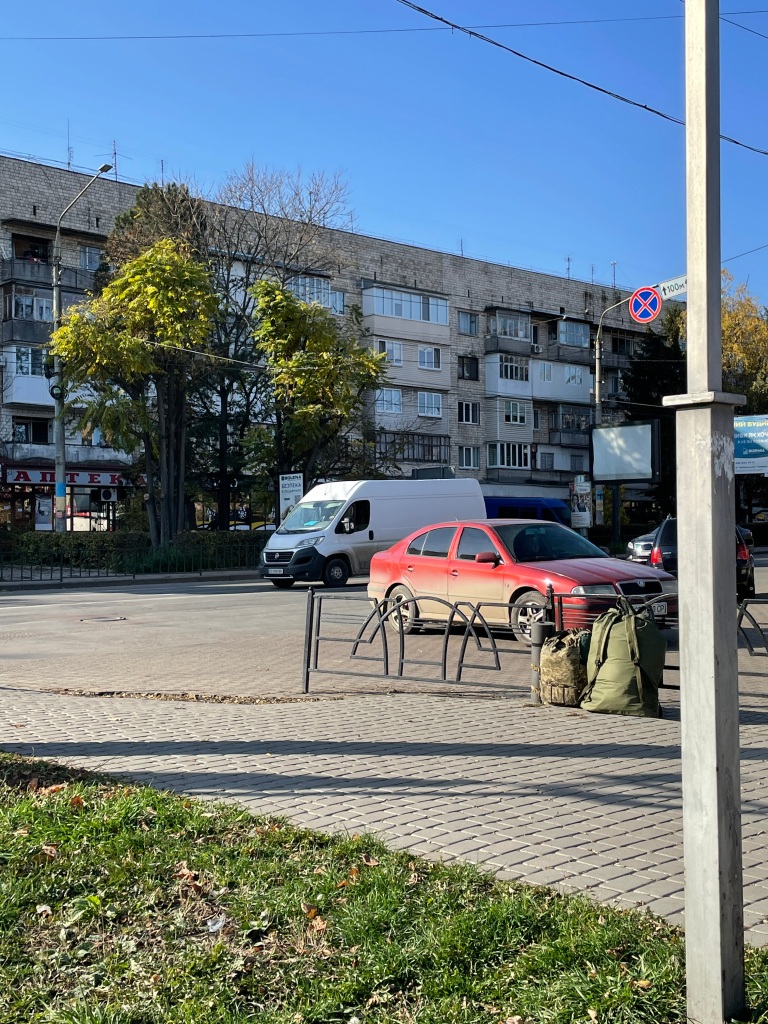
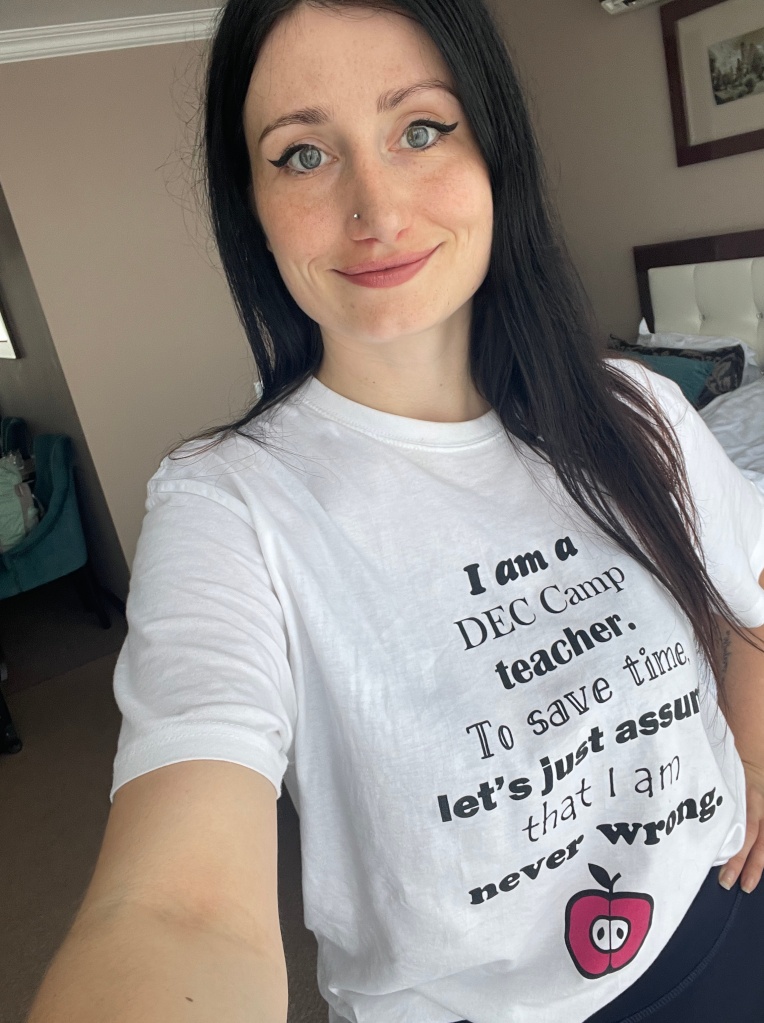
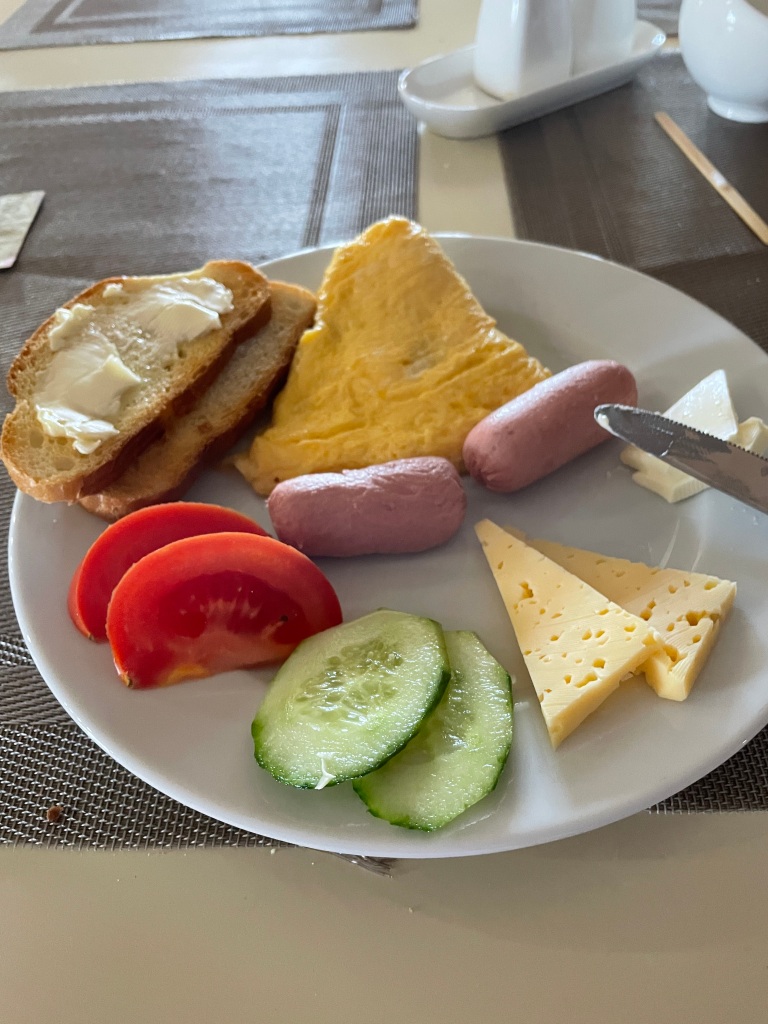
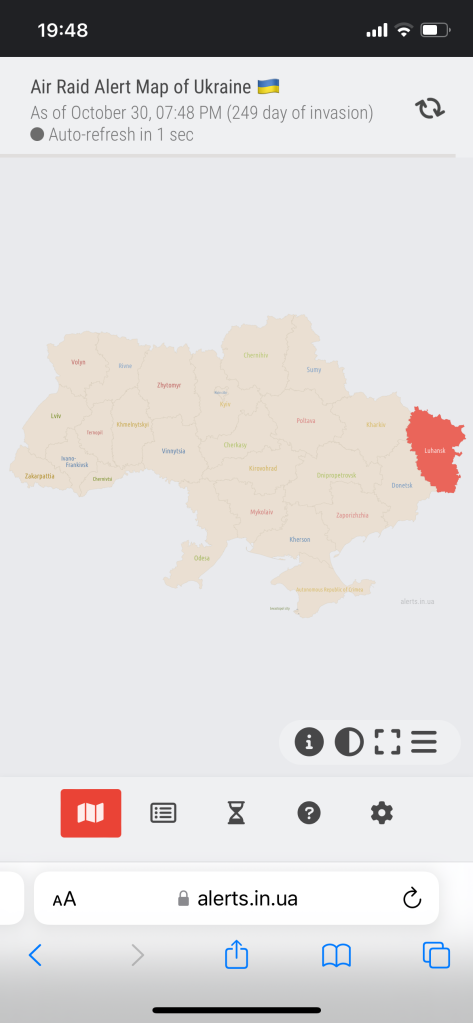
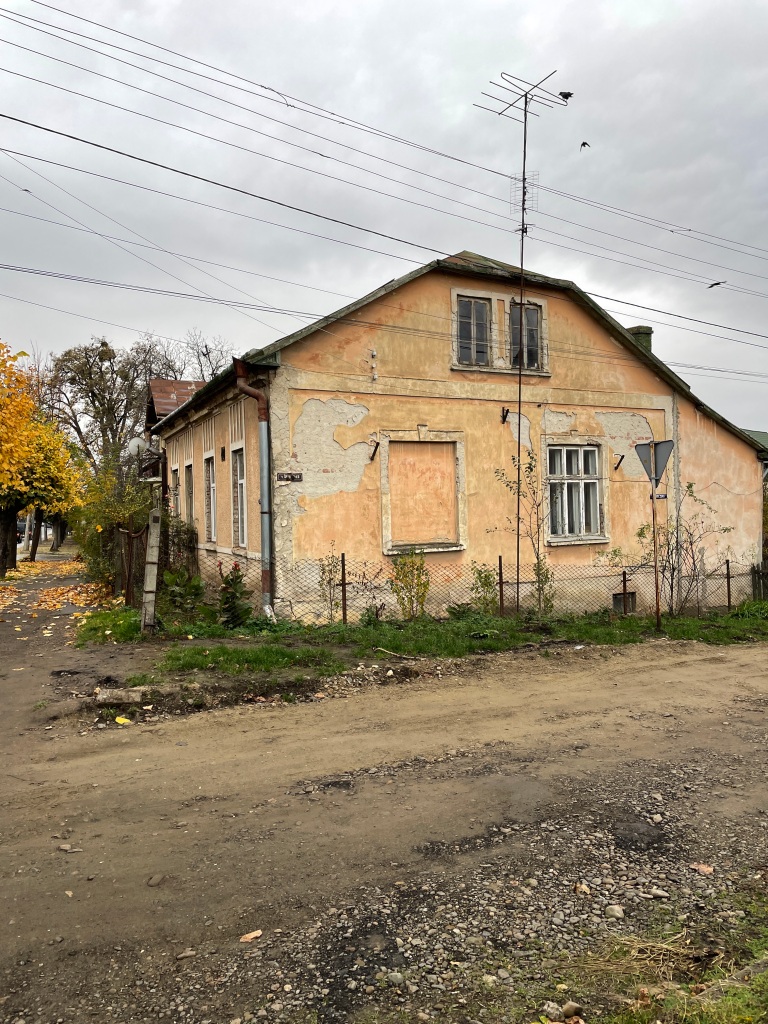
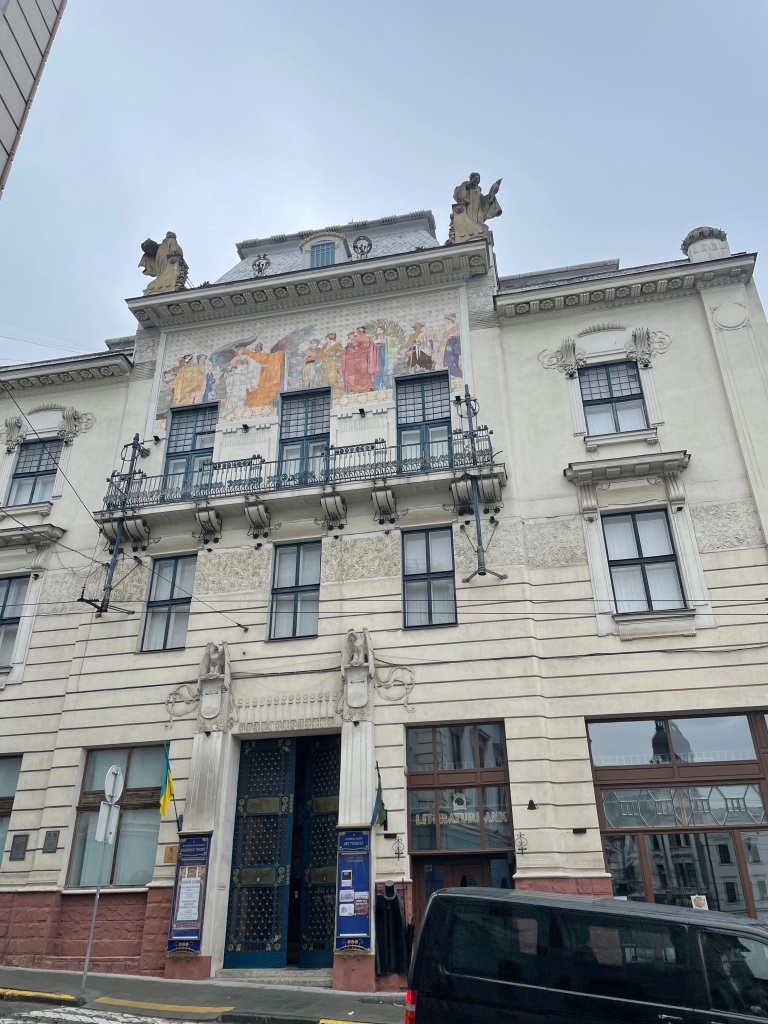
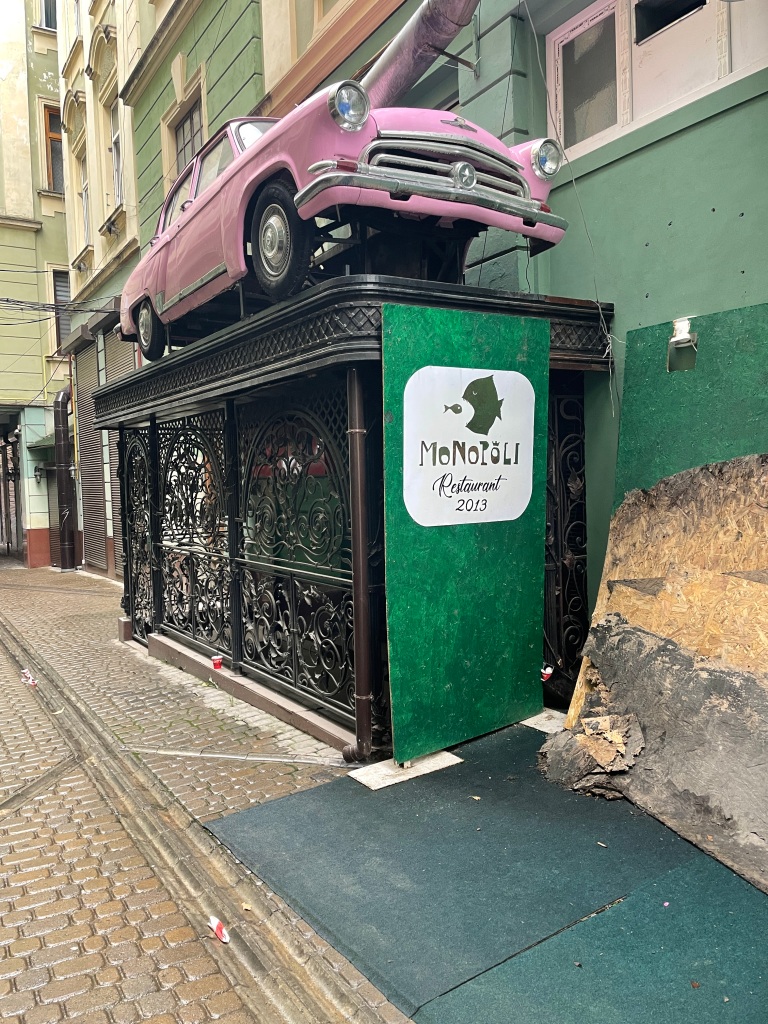
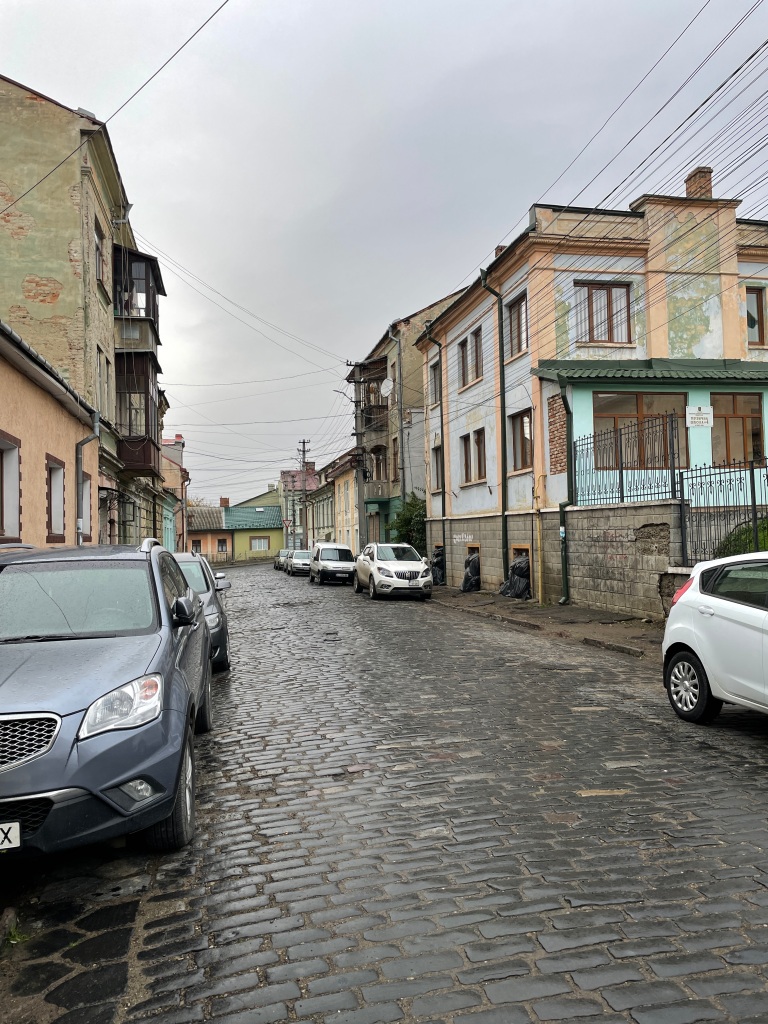
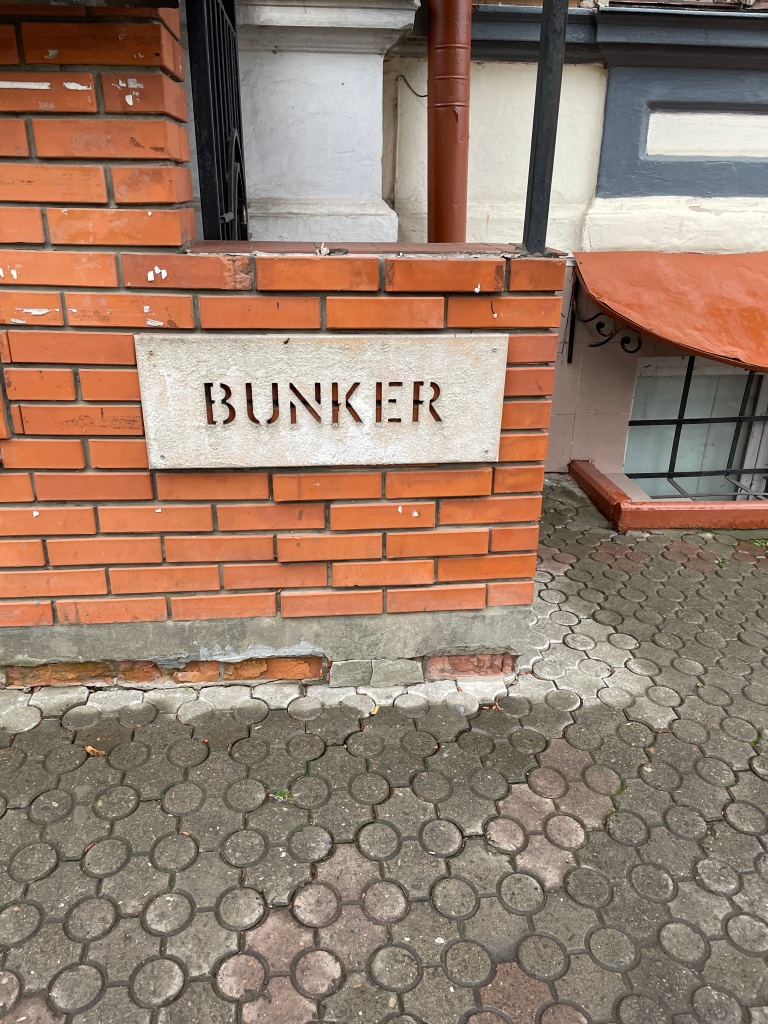
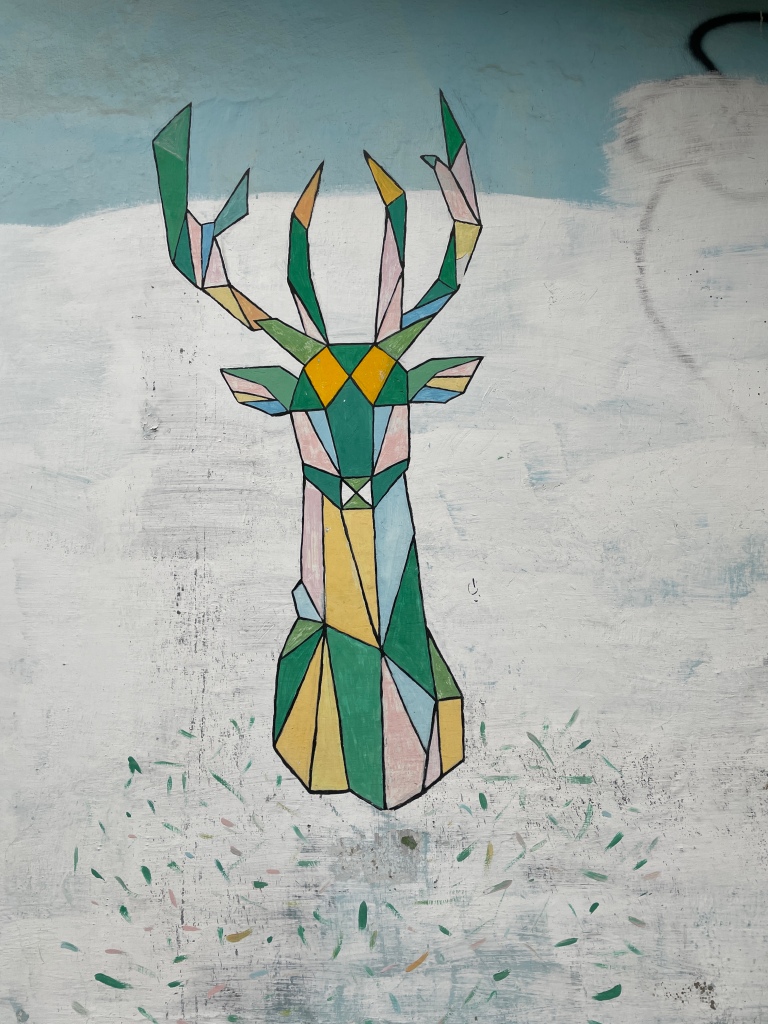
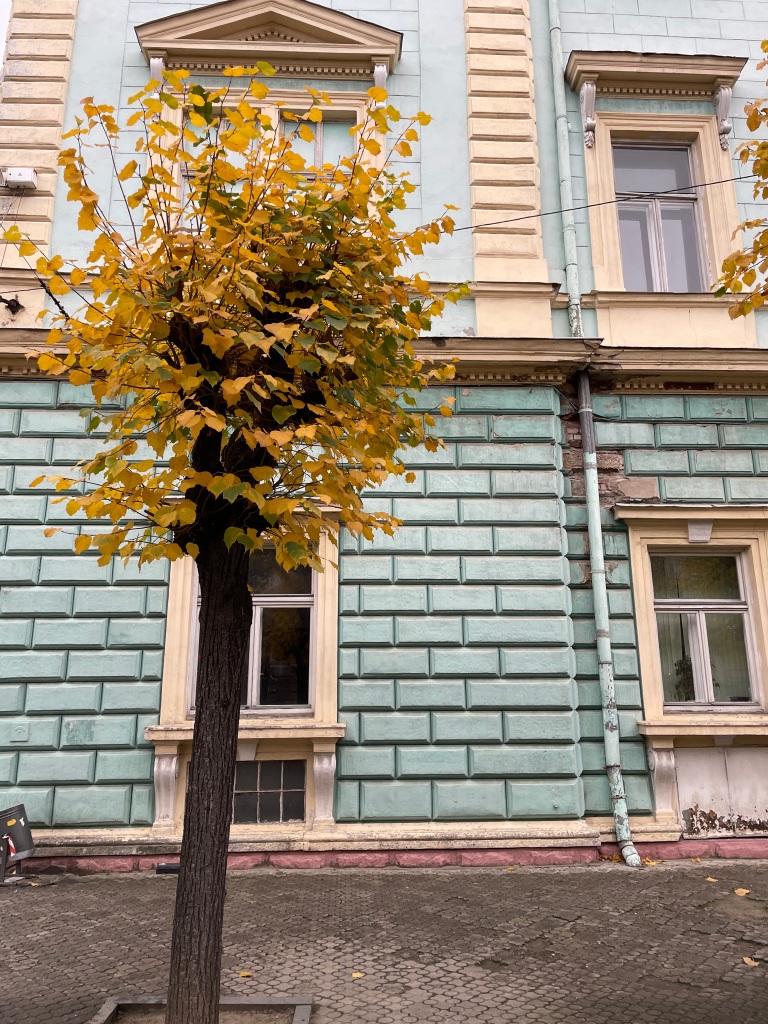
I woke up to the sound of the air raid siren from the city centre. I dozed back to sleep, when my phone starting making a very loud piercing alert that forced me up. I could hear every other phone across the hotel screaming the same sound. I got up, got dressed and went into breakfast. Everyone behaved as normal. “Good morning, what would you like to eat?” (through gesture, as English isn’t that common in Ukraine and I wasn’t there long enough to learn). There was a mother and son, sat eating and a soldier walked in for his solo breakfast. Nothing seemed out of place, despite the alerts. These were normal here. But the sound on my phone from the air raid alert app wasn’t.
After breakfast, I decided the safest place to be was the bus station. At least I would be ready to leave the country, should anything happen; lots of people were around and I could follow them. Whilst sat waiting, for about 4 hours, I checked the news – that morning Putin had authorised cruise missile attacks across Ukraine and they’d hid the hydro power plant in Chernitvsi. It was on our doorstep.
I was exhausted when I arrived back in Chernitvsi after teaching at the camp. It had been a long week and a half. I’d got sick. It was a challenging environment to teach in and it was less about English teaching than keeping students entertained. They’d been lots of evening activities and events and the goodbyes were really hard. I find these particularly hard with students you perhaps haven’t clicked with immediately, but spent the week winning them over. Those goodbyes are the hardest, because it’s genuine. And we were all aware of what they were going back to in Kiev, Odessa, Chernobyl. I can’t say too much about the work itself, but it was complex and I was really exhausted by the end. And I’m not sure if I did my best work, there were lots of levels to the teaching.
I nearly didn’t make it to the hotel. Ukraine has been the hardest country to access cash, wifi and all the necessities you’d normally expect, particularly in Europe. I managed to find a cafe with wifi and had a beer. There I downloaded bolt onto my phone, so I could get a car to the hotel. From there, I found a cash machine and everything worked out ok. I just slept for a day and a half.
I did walk into town to investigate, but I can honestly say (having been in some quite dangerous places), I felt very uncomfortable walking around the streets. =I wonder if the weather had been less bleak, it might have felt safer. I feel safer in Egypt.
The journey out of the country was long and eventful. My colleague nearly didn’t make it out of Ukraine due to visa confusion. Then the entry into Poland took quite literally hours due to visa stamping and putting all our luggage through security checks. We were stood waiting for at least an hour – turned out the guy had been asleep and didn’t even check the scanner anyway. These situations, make my blood boil. On arrival back in Poland, I felt sweaty, disgusting. And found a cafe to sit for the day as I had to do some online training!
….
On a personal level, it confirmed that I want to move away from teaching. I don’t thrive in teaching. It requires so much planning and you really have to believe it’s your vocation. My vocation is creative endeavours, in fact, this week I affirmed that I’m best at community engagement, project management and event production. I thrive in these jobs particularly if given lots of creative freedom – teaching is too structured and formulaic for me.












